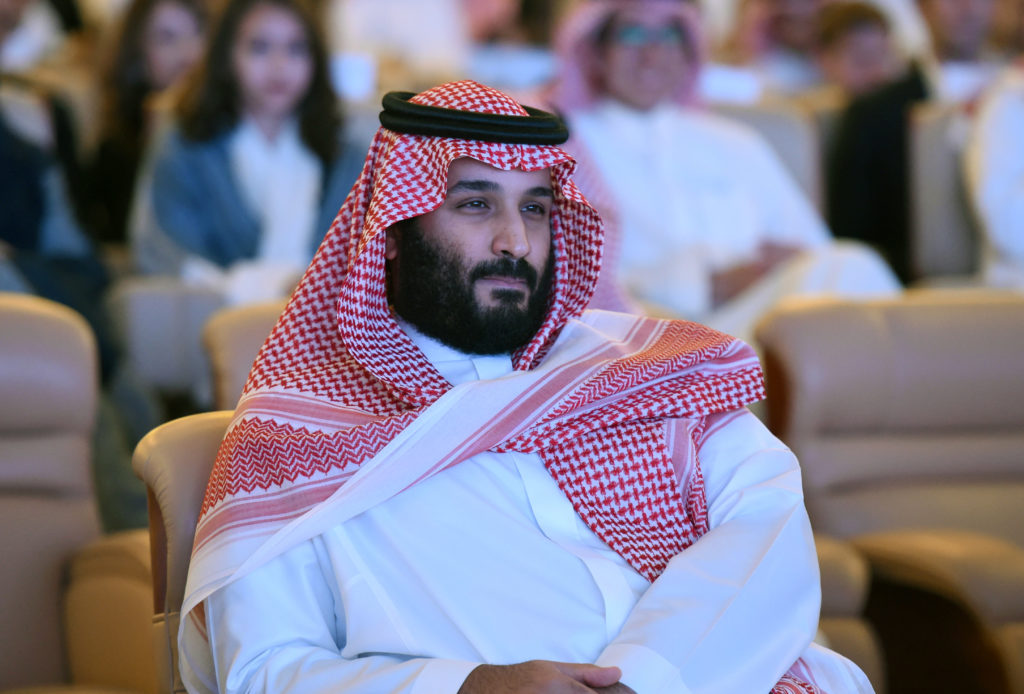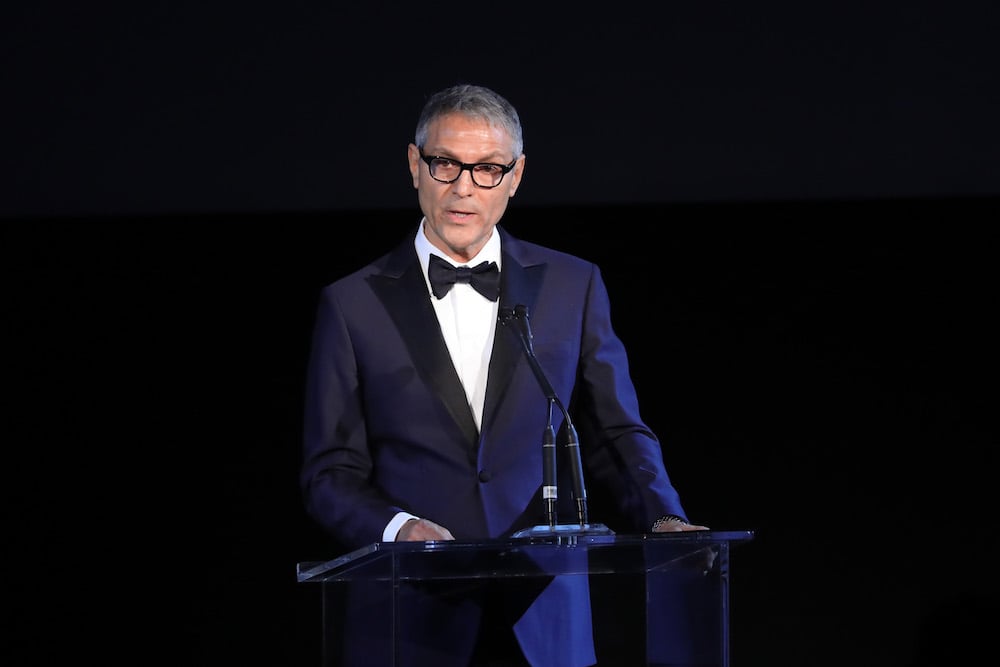Politics
Majority Frieze Stakeholder Endeavor Quietly Returns Saudi Arabia’s $400 Million Investment
The relationship between the American company and the Saudi investors soured after the murder of dissident journalist Jamal Khashoggi.

The relationship between the American company and the Saudi investors soured after the murder of dissident journalist Jamal Khashoggi.

Eileen Kinsella

More than five months after the murder of dissident journalist Jamal Khashoggi inside the Saudi consulate in Istanbul, the fallout is not over for Saudi Arabia, as major corporations and arts institutions continue to distance themselves from the nation or cut ties altogether.
Now, the talent agency Endeavor, the parent company of WME, which is the majority stakeholder of the international Frieze Art Fair, has returned a $400 million from the Saudi state that was intended to power the company’s growth and diversify Saudia Arabia’s cultural economy.
Endeavor, which is led by chief executive Ari Emanuel, spent the past several weeks arranging the return of the money, “effectively severing Endeavor’s relationship with Saudi leaders,” according to the New York Times, which cites two sources close to the transaction. Neither the Saudi Arabian Public Investment Fund, which made the investment, nor Emmanuel have made public comments on the matter.
Representatives from the Frieze Art Fair declined to comment.
Endeavor’s move stands in sharp contrast to the cordial relationship it established with Saudia Arabia last spring, when Emanuel helped throw a lavish Hollywood party for Crown Prince Mohammed bin Salman. The event included guests such as Disney chief executive Robert Iger and Amazon founder Jeff Bezos, and took place as the Saudi government’s investment fund was finalizing an agreement to make the investment in Endeavor, according to the Times.

Ari Emanuel, the chief executive of Endeavor. Photo by Neilson Barnard/Getty Images for LACMA.
In December, the US Senate officially placed blame on bin Salman for the death of Khashoggi. Two months earlier, Richard Branson, the billionaire founder and chief executive of Virgin, resigned from an advisory board formed to develop the Al-Ula region of Saudia Arabia.
The multibillion dollar Al-Ula initiative includes a proposed network of museums and archaeological sites centered on a museum of Arab civilization that is expected to be three times the size of the Louvre Abu Dhabi. In a post on virgin.com, Branson said he once had “high hopes for the current government in the Kingdom of Saudi Arabia,” but that the news of Khashoggi’s disappearance led him to suspend his ties with the country.
Since then, the optics have only gotten worse, and shocking details of the government’s involvement in the Khashoggi murder are now widely known, including evidence of a Saudi hit team with connections to Crown Prince bin Salman that traveled in and out of Turkey, where the assassination took place, on a private jet.
Many chief executives backed out of an investment conference in Riyadh in October. That same month, the Metropolitan Museum of Art and the Brooklyn Museum rejected Saudi funding for an Arab art initiative.
But artnet News learned that a number of high-profile members remain on the Royal Commission for Al-Ula’s advisory board, including executives and directors from Sotheby’s, UNESCO, and the former culture minister of France, among others.
Regarding the dilemma that corporations and institutions with Saudi ties are facing, Greg Fairchild, a business ethics professor at the University of Virginia, may have summed it up best to the Times: while it might be painful in the short term, he said, “you can look in the mirror and say, ‘We’re just not involved in that.’”